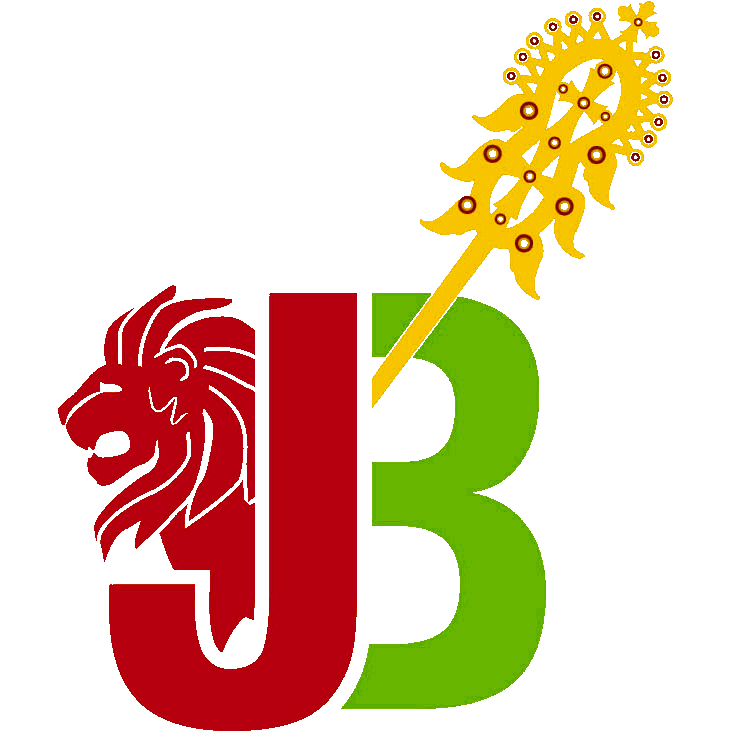In my recent sermons, we’ve been looking at Jacob , son of Isaac and Rebekah, as a metaphor for the Black Man & Woman in America. I gave a bit more backdrop to the series in this blog post (see here)
Following his faithfulness to the Promise of God and seeing it fulfilled in his lifetime, we have been exploring this question:
What would have been the Promise of God to Black America??
No where do we have etched in stone tablets a list of promises made by God, unto His Black sons and daughters who were way down in the Egypt-land of America. #LetMyPeopleGo
Yet, for God to be God…for God to be good all the time and for God to be good in all times, God must have made promises to our ancestors…to our elders. Right?
I mean, in our folklore as a people we compare Sister Harriett to Moses. Did we do that simply because it was convenient? Because it makes for good story?
Or did we do it because she – as Moses before her – was leading her people to freedom in accordance with God’s promise?
If the former, then we should understand exactly why we are where we are as a people. Because we’ve been using the story of our God’s proximity to His people as a mere story for dramatic effect.
We’ve been marrying our experience to the experience of the Israelites simply to make ourselves feel good…not because we really believe there to be a similarity in our story – and in God’s presence in the midst of our suffering.
But if the latter…if we really believe that Sister Harriett was a Moses leading her people to freedom in accordance with God’s promise, then – even if it’s not written in stone – we know God indeed has made a promise to us, for us. Right?
But what is that promise???
What could it be? How do we envision it?
When we speak of it, it always seems so far away. So esoteric. So other-worldly. Yet Jesus Himself told us that the Kingdom of God is near us. How then can we believe His promise would be fulfilled only in the Parousia – His Second Coming?
But if His promise is for His Kingdom Come, as He directed us to pray, what then does His Kingdom Come look like for us – to us?
What do we, Black People, envision the Kingdom Come to look like?
Not what did “they” tell us it’s supposed to look like…
Not the Kingdom Come as they envision it and adopted by us…
But the FUBU vision of the Kingdom Come.
Maybe there are globalist sentiments. Maybe nationalist. Maybe socialist. Maybe capitalist. Maybe democratic, or anarchist, or monarchial. Maybe a combination of some or all of these. Maybe something not listed. Maybe something not even yet considered.
God Knows…
Yet regardless of what label is assigned, it is the vision of the Kingdom Come as labeled by us and for us.
A vision of the Kingdom Come where the mattering of Black Lives is a given.
Can you see that place?
How clearly can you see it? How truly? How deeply?
How well can you articulate the vision? Sharing it in such a way that others – like Barnabas – are willing to sell all they have in order to come and be a part of it…
What is your vision for the Promise of God, as a loving God would have made it for our people?
You have to have a vision before you can hold to a vision.
You have to know the Promise before you can receive the Promise.
It has to be something you really and truly desire before it will be revealed to you.
So, that’s why I ask you so often in my sermons to describe the Beloved Community as you see it.
I want us to become comfortable envisioning the Beloved Community for ourselves and proclaiming it boldly before the world.
In my most recent message, I pointed out that Jacob’s requests were righteous. He didn’t request anything unholy. He didn’t request anything by using deceit.
You can check it out here: https://jahbrd.me/PromiseFulfilled
Likewise, what we – as Black people – have asked of White Power has been righteous as well. We haven’t requested anything unholy. We haven’t requested anything with ulterior motives.
Like Jacob, a righteous request ought be fulfilled. We should trust the Lord to empower us to see His promises fulfilled in our lifetime.
But, it will only be fulfilled if we first remember the promise and live faithfully unto its fulfillment.
So, I’ll ask you here and now:
How do you envision the Promise of God made unto the African Diaspora?
Share your thoughts in the comments and let’s build that vision together!







